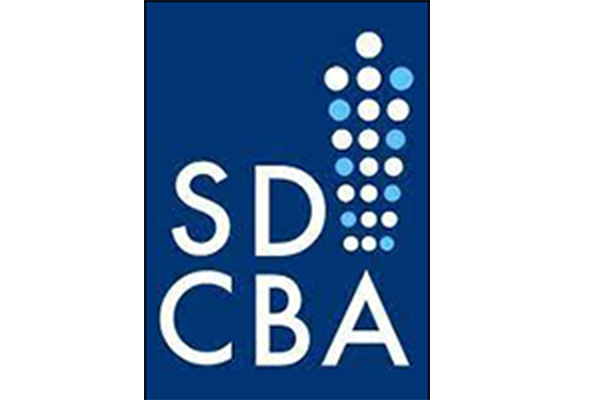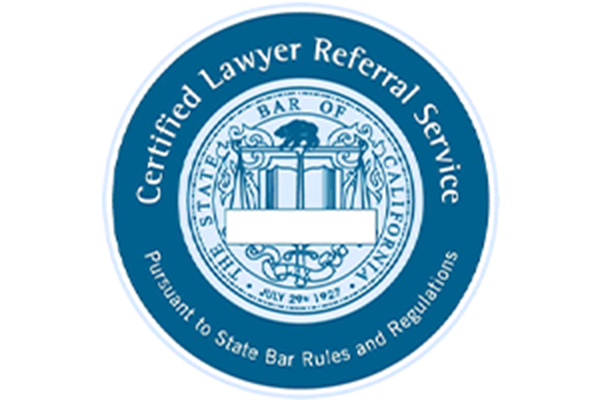for Family Law Related Issues
Practice Areas
Divorce
Divorce, also referred to as Dissolution, is typically comprised of four (4) basic parts: Marital Status, Characterization, Valuation and Division of Property, Support (both child and/or spousal) and Child Custody.
This information is intended to provide an overview of the Dissolution process and may change depending on the facts of each case.
A Dissolution commences with the filing of a Summons and Petition and concludes with an Entry of Judgment on all issues. These documents contain your initial requests to the court regarding you, your spouse, your children, your property and your debts.
Concurrent with the filing of a Petition (or Response) a request can be filed with the court for interim orders. The court sets a Status Conference six (6) months after the date the Petition is filed.
If the Declaration of Disclosures and discovery is completed, the court can set a Settlement Conference date. If the parties do not settle their case at the Settlement Conference, a Trial may be set.
Child Custody and Visitation
Child Custody and Visitation orders should be tailored to the unique needs and circumstances of your family. There are two types of child custody – legal custody and physical custody.
Legal child custody pertains to a parent’s authority to make decisions on behalf of the minor children related to issues such as education, non-emergency health care and religious issues.
Physical child custody pertains to where the minor children will reside and what timeshare schedule they will have at either parent’s residence.
In San Diego County, if there is a dispute as to child custody and child visitation, you will be required to attend Family Court Services prior to your initial court date.
Family Court Services is one of the most important dates you have if custody and visitation are issues for you. We encourage our clients to set an appointment with my office approximately one (1) week in advance of their Family Court Services date. At the Family Court Services preparation appointment, we will discuss the mediation process and provide you with tips for a successful Family Court Services mediation.
Child Support
In California, child support is calculated using a state-wide guideline formula. The guidelines calculate specific child support figures based on providing the court with the gross income of each party, respective child custody timeshares, tax filing status, health insurance deductions and other information as required.
Each required piece of the guideline puzzle can have enormous impact on the amount of child support you will receive or you may be obligated to pay.
Spousal Support
Spousal support is designed to assist a party in maintaining the marital standard of living. Temporary support is designed to maintain the status quo until the property is divided. Long term spousal support, also called permanent support, is designed to last longer and considers a variety of statutory and other factors.
Mediation
Mediation allows the parties to make informed decisions about their children, their property and support with the assistance of the mediator. Mediation allows for this process in the privacy of the mediator’s office, instead of the public courthouse.
In mediation, the two parties meet with Robin A. DeVito, CFLS, for an initial consultation to discuss the process. Robin A. DeVito does not represent either party. The role of the mediator is to assist the parties in defining their issues, and then resolving them. This process consists of in office conferences to determine the pertinent information is gathered and exchanged so that the parties can make informed decisions.
Robin DeVito, CFLS, has mediated family law cases since 1994. Mediation can be used to assist parties with the divorce process or to address specific issues such as child custody and visitation, child support, spousal support, division of assets and debts, or other post-Judgment issues.
Collaborative Practice
Collaborative divorce allows the parties to resolve the issues in their dissolution proceeding in a private and confidential setting. The parties agree they will not go to court to litigate their case. Instead the parties work together with their attorneys, financial consultants, and child custody specialists to help guide them through the divorce process.
Alternate Dispute Resolution
Alternate Dispute Resolution (ADR), refers to the alternative methods available to clients to resolve their case privately and without the necessity of litigation. Each party is represented by Counsel and the parties select a third attorney to hire to assist the parties in resolving their issues.
Robin DeVito has provided dispute resolution services since 2005. This process provides the parties, while represented by counsel, the opportunity to complete their divorce in privacy. The dispute resolution process allows the parties to review the information they need to make informed decisions regarding their case. The parties have the ability to discuss their options during the proceeding with their counsel. This method is successful in the majority of cases.
Private Judging
Parties and their counsel may choose to hire Robin DeVito as a private judge. The parties may do so by signing a written agreement which provides that attorney DeVito may make decisions about the issues in the case.
Division of Property
The division of property occurs after we have ascertained the value and character of your estate, including the assets and debts and separate property of either party.
The community assets and debts may include, but are not limited to, houses, rental properties, timeshares, art, household furnishings and fixtures, firearms, vehicles, RVs, boats, motorcycles, bank accounts, business interests, retirement, complicated financial holdings, assets held in trust, stock options, student loan debt, credit card debt, promissory notes, tax debt, etc.
The first step towards dividing the property is the completion of the Preliminary Declaration of Disclosure.
In all dissolution proceedings, the parties are required to exchange Preliminary Declarations of Disclosures (PDOD) within sixty 60 days of filing a Summons and Petition and/or 60 days of being properly served the Summons and Petition. The PDOD is comprised of a Schedule of Assets and Debts, an Income and Expense Declaration, and the last two years of tax returns.
Once parties have exchanged PDOD’s we are generally in a position to start settlement negotiations.




